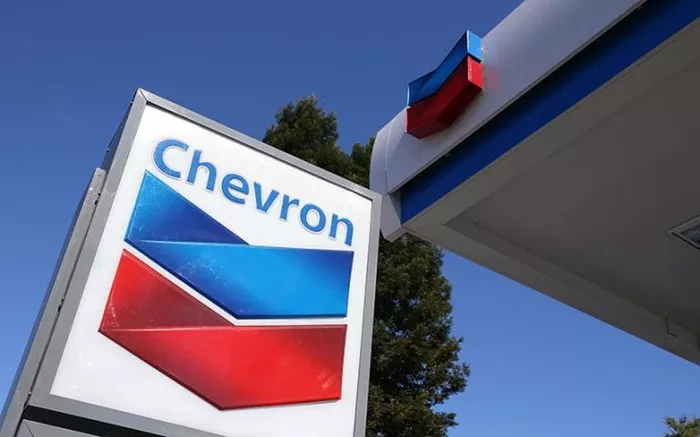Venezuela’s state-owned oil company, Petróleos de Venezuela S.A. (PDVSA), has signed at least nine new contracts with foreign service providers — including two Chinese firms — in a bid to stabilize crude output and maintain foreign currency inflows after the departure of U.S. energy giant Chevron.
The new agreements, which diverge from PDVSA’s traditional monopoly on oil trading, grant foreign companies rights to operate existing wells and market the crude produced. This shift forms part of President Nicolás Maduro’s broader strategy to counter the withdrawal of Western oil majors following the U.S. government’s decision not to renew sanctions waivers.
Chevron, which accounted for nearly 25% of Venezuela’s oil production, was forced to wind down its operations after its license expired in early April. The company had until May 27 to complete the transition. Licenses for other U.S. oil service providers — including Halliburton, Schlumberger, Baker Hughes, and Weatherford International — also lapsed in early May.
Despite tightening sanctions, Venezuelan Vice President and Oil Minister Delcy Rodríguez emphasized the government’s resolve. “PDVSA has a plan to keep producing oil despite the US’ unilateral coercive measures,” she said.
Under the new arrangements, foreign companies will take operational control of oil blocks located in the Zulia state and the Orinoco Belt, Venezuela’s two primary oil-producing regions. While PDVSA will retain at least a 50% stake in output, partner firms will manage day-to-day operations and share in the revenue from oil sales. These firms are also expected to receive certain tax exemptions. PDVSA plans to fund its share of the investments through crude shipments.
Among the companies involved are Argentina’s Aldyl, China’s Anhui Guangda Mining Investing, and China Concord Resources. A U.S.-based company, North American Blue Energy Partners — linked to energy investor Harry Sargeant III — initially signed an agreement but later withdrew due to its inability to secure a U.S. operating license.
According to National Assembly Energy Committee member William Rodríguez, the partnerships reflect a growing willingness to work with entities that are not deterred by U.S. sanctions. “Unlike 2019, when sanctions first hit, there is now a framework to operate outside the U.S. banking system and a structured market with allied countries including China, Iran, and Russia,” he said.
Unlike earlier joint ventures that required legislative approval, these new 20-year contracts are authorized under President Maduro’s anti-blockade law. This legislation bypasses the National Assembly and relaxes restrictions on foreign participation in the oil sector, effectively reversing some of the nationalization policies implemented under late President Hugo Chávez in the mid-2000s.
Despite Chevron’s exit from active production, the company has retained a license permitting it to perform maintenance on its equipment in Venezuela.
Internal PDVSA documents reviewed project that the nine oil blocks governed by the new contracts could collectively produce up to 600,000 barrels per day. The estimated capital investment for these ventures is around $20 billion (1.97 trillion bolivars). PDVSA reportedly intends to finalize more such agreements in the coming months.


